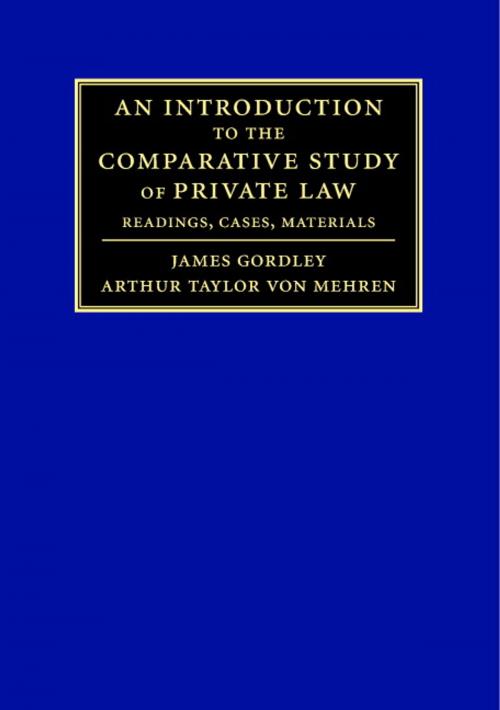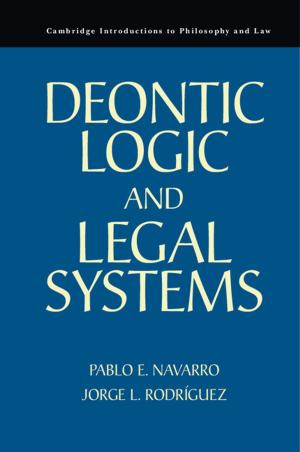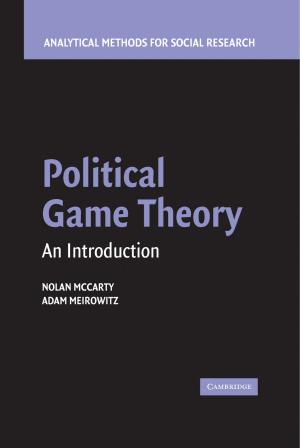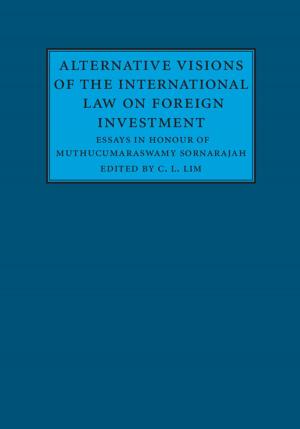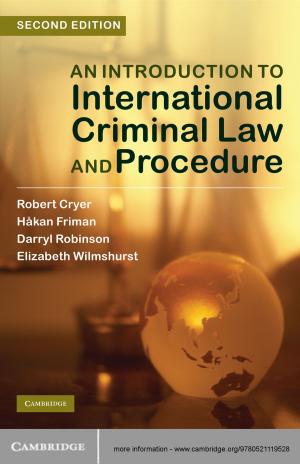An Introduction to the Comparative Study of Private Law
Readings, Cases, Materials
Nonfiction, Reference & Language, Law, Comparative| Author: | James Gordley, Arthur Taylor von Mehren | ISBN: | 9781316098936 |
| Publisher: | Cambridge University Press | Publication: | September 24, 2009 |
| Imprint: | Cambridge University Press | Language: | English |
| Author: | James Gordley, Arthur Taylor von Mehren |
| ISBN: | 9781316098936 |
| Publisher: | Cambridge University Press |
| Publication: | September 24, 2009 |
| Imprint: | Cambridge University Press |
| Language: | English |
This collection of readings sets out the two fundamental distinctions between common and civil law, namely that the former originated in the English courts, the latter in the Roman legal tradition, and that the common law is based on judicial decisions whereas codes form the basis of modern civil law. The core of the book consists of cases, statutes and code provisions shaping the doctrines central to the law of property, tort, contract and unjust enrichment in the United States, England, France and Germany. These materials provide a road map of the law of each, allowing the reader to consider how doctrines differ, how these differences emerged and whether the underlying problems and solutions are common to all. They also allow for comparison to be made between the approaches of common and civil law and to consider the extent to which they depend on the origin and nature of the law.
This collection of readings sets out the two fundamental distinctions between common and civil law, namely that the former originated in the English courts, the latter in the Roman legal tradition, and that the common law is based on judicial decisions whereas codes form the basis of modern civil law. The core of the book consists of cases, statutes and code provisions shaping the doctrines central to the law of property, tort, contract and unjust enrichment in the United States, England, France and Germany. These materials provide a road map of the law of each, allowing the reader to consider how doctrines differ, how these differences emerged and whether the underlying problems and solutions are common to all. They also allow for comparison to be made between the approaches of common and civil law and to consider the extent to which they depend on the origin and nature of the law.
